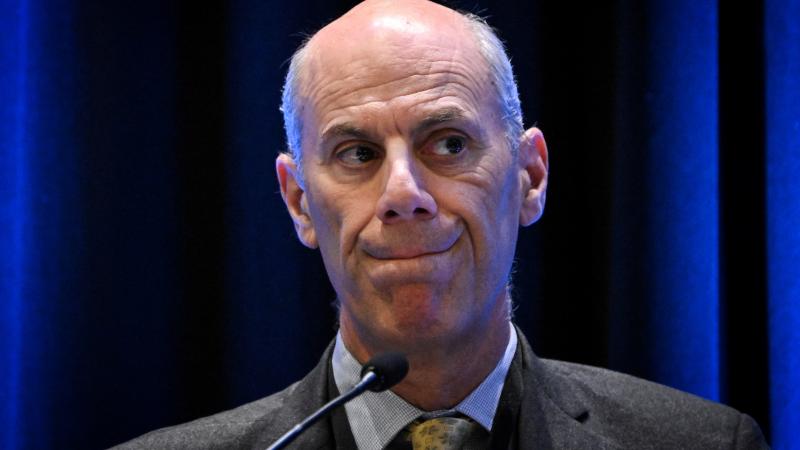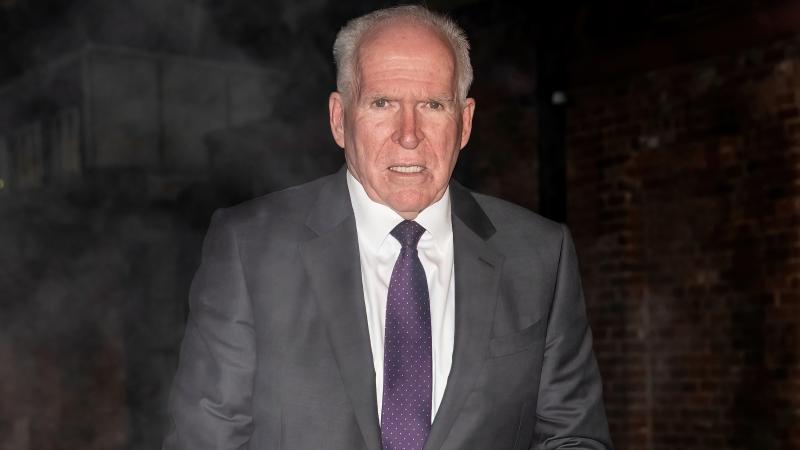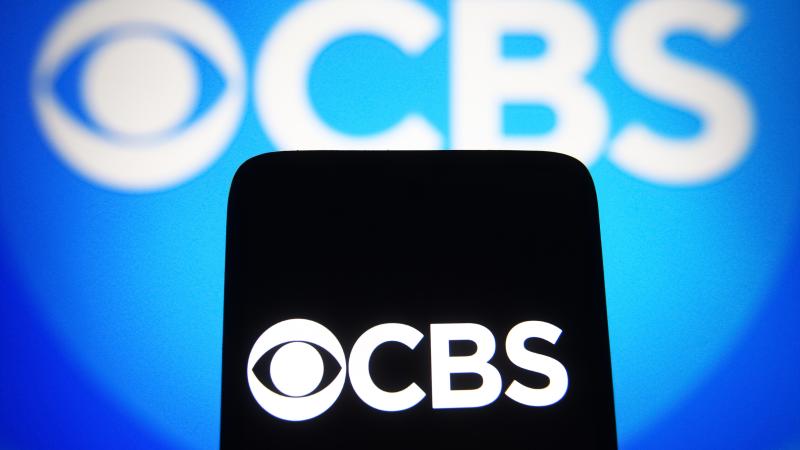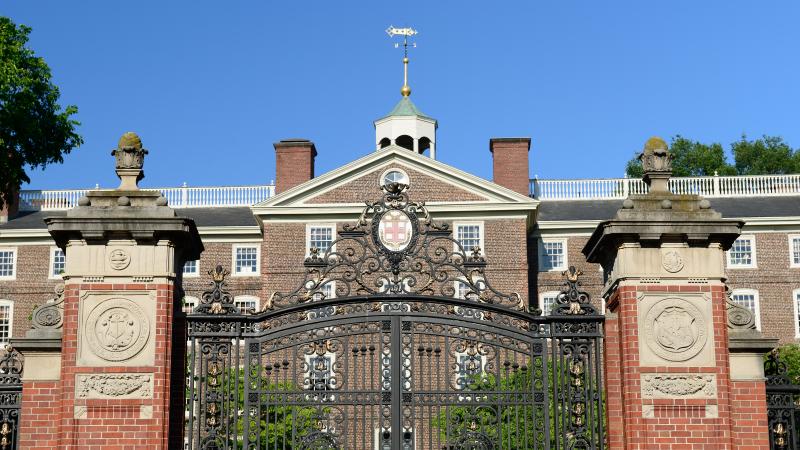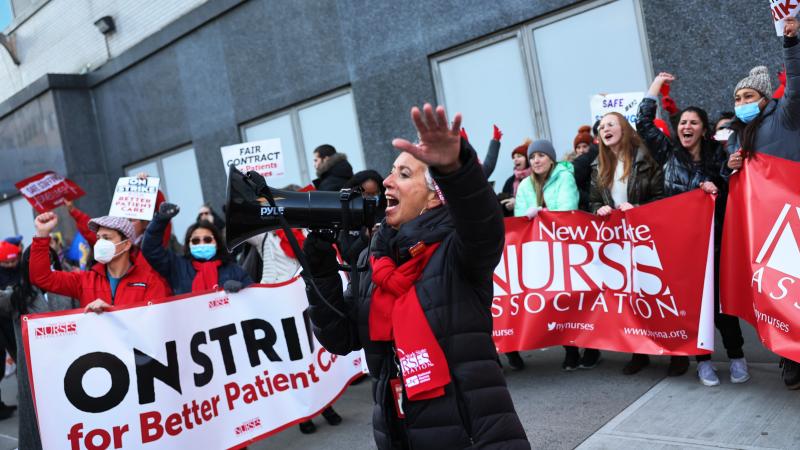Secret grand jury tapes from Breonna Taylor released on Friday
The tapes were due out Wednesday, but Kentucky Attorney General Daniel Cameron asked for an extension
Kentucky Attorney General Daniel Cameron on Friday released the tapes of the secret grand jury deliberations that led to no charges for two law enforcement officers and wanton endangerment charges for a third former officer in the case of the police killing of Breonna Taylor.
The release of grand jury deliberations is rare, and in this case, expected to illuminate the evidence, witnesses and potential charges presented by prosecutors to the jurors.
The more than 20 hours of tapes were initially scheduled to be released Wednesday, prior to a request to delay from Cameron, who said the prosecutors needed more time to redact parts of the recordings to protect the witnesses' and jurors' identities and personal information. The judge ordered that the tapes must be released by noon on Friday.
Last week, the grand jury indicted former Louisville police department detective Brett Hankison, on several counts of wanton endangerment, for firing his gun during the March drug-related raid on Taylor's apartment.
Hankison fired, as did his two colleagues, after Taylor's boyfriend shot an officer in the leg. Hankison pleaded not guilty to the charges.
A member of the grand jury has requested the tapes be released, after Cameron said when the grand jury decision was announced that state law did not allow the other two officers to be charged.
Earlier this week, Cameron said during a radio interview that prosecutors had not pushed for any murder charges against the three officers, but that the grand jury could have made the decision to pursue them anyway.
"If they wanted to make an assessment about different charges, they could have done that. But our recommendation was that Mattingly and Cosgrove were justified in their acts and their conduct," Cameron said.
In Kentucky, nine of 12 grand jurors must vote to bring charges in order to indict someone, and the standard for indictment is probable cause, a far lower standard than what is is necessary to determine guilt or innocence in court.

